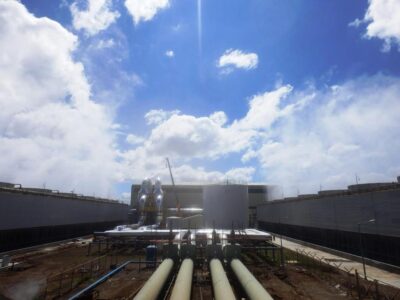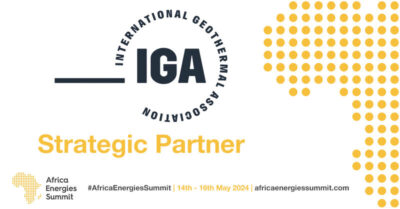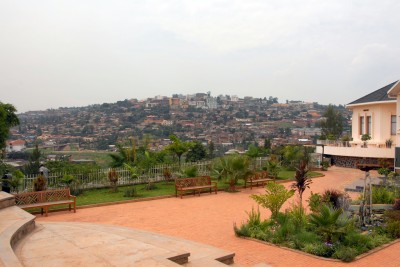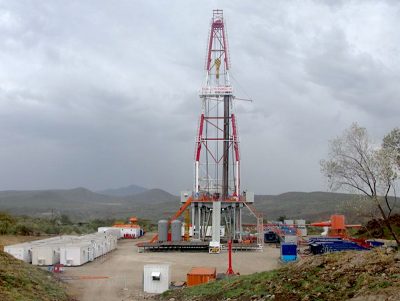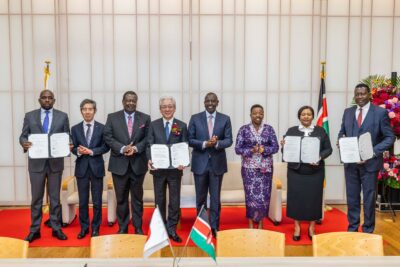Kenya to consider feed-in-tariff for geothermal projects
In order to help lower the high costs associated with the exploitation of geothermal energy, Kenya's energy regulator plans to extend the electricity feed-in-tariff to cover geothermal sources in addition to wind and biomass.
According to local news, Kenya’s “energy regulator plans to extend the electricity feed-in-tariff to cover geothermal sources in addition to wind and biomass.
Also to be roped in are small hydro, biogas and sea waves once a review of power sources is complete, according to the Energy Regulatory Commission director general Kaburu Mwirichia.
“The current tariffs are due for review and ERC will work on this, in consultation with stakeholders and thereafter advise the Energy Minister to make changes,” he said.
“We need a feed-in- tariff for geothermal to help lower the high related costs associated with its exploitation,” said Energy permanent secretary Patrick Nyoike.
The Government established the tariff policy to facilitate on a fast track and less-onerous basis, the exploitation of renewable energy sources.
In it, power generators from mini hydro projects receive up to 12 US cents per kilowatt hour produced, 7 US cents for biomass and 9 US cents for wind.
But in the new plans Mr Mwirichia did not give the future formulae saying the review exercise is targeted to reduce the exploration costs and investment risks associated with the exploitation of geothermal sources.
A year ago, the Energy ministry launched a policy under which it would provide seed capital for identifying potential sites before inviting investors to exploit them in an arrangement technically known as a feed-in-tariff.
It allows only a section of power generators for renewables to be issued with power purchase agreements with the national power distributor-the Kenya Power and Lighting Company (KPLC) for between 15 and 20 years.
In recent months, consumers have had to grapple with highly-priced electricity due to overdependence on the costly thermal-powered sources.
The Energy Act 2006 mandates ERC to ensure that rates of tariffs in the PPAs are reasonable and that investors are fully compensated for the risks assumed.
Mr Mwirichia said as part of the planned review, they hope to encourage private investors to operate the power plant prudently and efficiently so as to maximize on their investments.”
Source: Business Daily Africa




